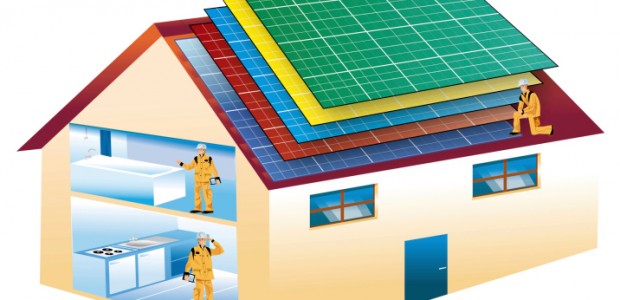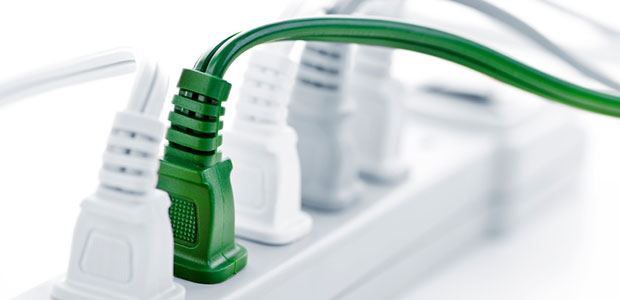Going green simply means choosing to live your life by taking steps to be more environmentally responsible. Being more eco-friendly is intended to decrease the ecological impact you make on the earth and its resources. Going green may seem confusing or overwhelming to some, but it doesn’t mean you have to take drastic steps. The first step to going green and preserving the planet is to start small. Many of the small changes you make will have a large impact on preserving Earths natural resources.
Reusable Shopping Bags
One of the easiest, yet most effective things you can do to start going green is to stop using plastic grocery bags. Using reusable shopping bags will not only reduce the amount of plastic bags you have stored throughout your home, but it reduces the amount of plastic that lays dormient for years in a landfill as well as reduces the impact they have on marine ecosystems. Reusable grocery bags are inexpensive and they are more sturdy than plastic bags.
Clean Water
An easy and inexpensive solution to buying bottled water is to invest in a recycled container and an inexpensive water purifier. It will save you money, allow you to drink fresh water whenever you want and reduce the amount of plastic being thrown in local landfills.
Cleaning Products
Most household cleaning products contain a vast array of harmful chemicals. Each time you use these products, chemicals are being released into your home as well as into the environment. Try using homemade cleaners, such as vinegar, baking soda and/or lemon. These products are much less expensive than store bought cleaners and they clean better. For example, using lemon juice on the stove surface will dissolve built-up grease and remove cooking odors.
Energy Use
If you are fed up with paying outrageous utility bills each month, there are several things you can do that will not only conserve the use of energy for future generations, but lower your utility costs. For example, by changing all of the light bulbs in your home to LED bulbs and unplugging electronics when not in use, you could save several hundred dollars each year in utility costs.
Transportation
It is convenient to get in the car and drive to work, school and shopping. However, each time you drive, the fumes from the car are being released into the environment and damaging the ozone layer. Not to mention the cost of gas and maintenance for the car. By using public transportation just one time a week, you will be doing your part to reduce your carbon footprint and you will save a few hundred dollars each year on gas and maintenance.
It is virtually impossible to completely change your lifestyle overnight and you are not expected to do so. However, by making a few small changes in daily living habits, you will make a huge impact on an array of environmental problems. Simple things often make the biggest difference, such as practicing the 3’Rs (reduce, reuse and recycle) and using organic household cleaners.
~Rene W.



